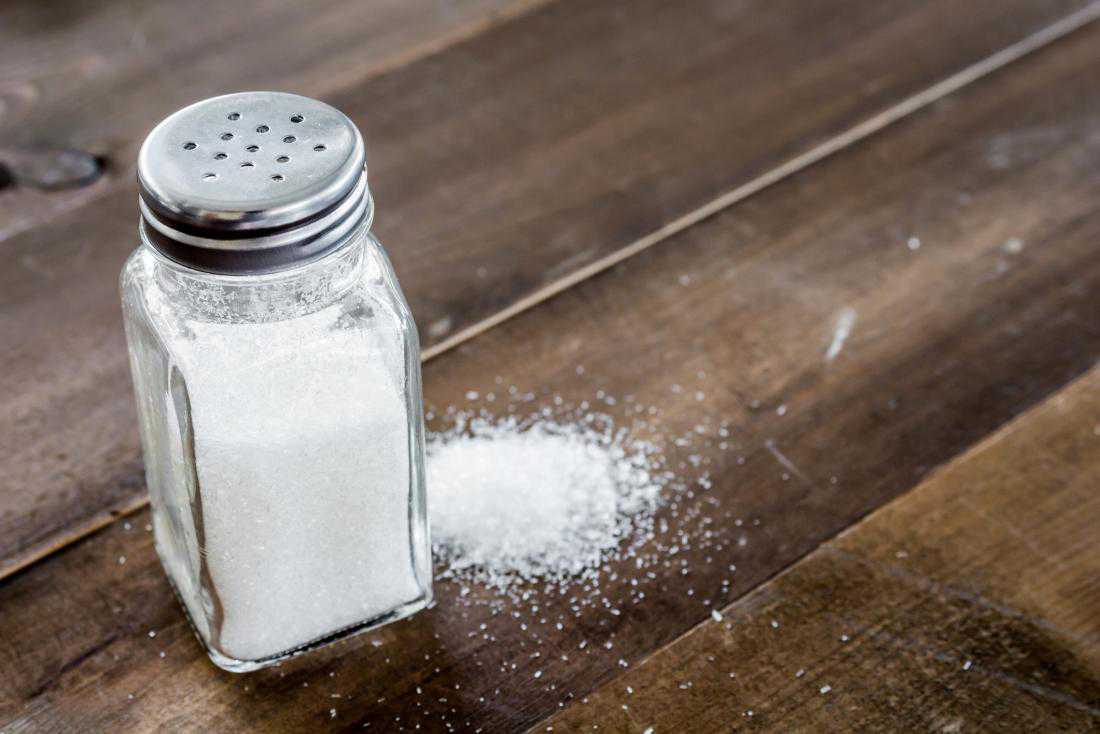How much salt does it really take to harm your heart?
13 August, 2018

Too much salt is bad for you, particulary because it is associated with an increased risk of heart problems — but how much is too much? A new study suggests that we may not have to worry so much about how salty we like our food to be.
Table salt, which we commonly use to season our food, contains sodium.
Sodium, if often ingested in large quantities, can lead to a range of cardiovascular problems, including hypertension.
The World Health Organization (WHO) say that a person should not consume more than 2 grams of sodium per day, which is about 5 grams of salt per day.
The American Heart Association (AHA) recommend no more than 2.5 grams of sodium per day, though they state that the ideal intake is of no more than 1.5 grams per day for an adult.
However, researchers from a range of international institutions — including McMaster University and Hamilton Health Sciences, both in Hamilton, Canada, as well institutions from 21 other countries — suggest that these limits are unnecessarily low.
Researcher Andrew Mente and colleagues conducted a study of 94,000 people aged 35–70, aiming to establish how much sodium really is too much for heart health.
Current guidelines, the team notes, push for standards that are unrealistic for many, seeing as salt is often an almost invisible ingredient contained by numerous packaged foods.
"The [WHO recommend] consumption of less than 2 grams of sodium — that's one teaspoon of salt — a day as a preventative measure against cardiovascular disease," says Mente.
He also adds, however, that "there is little evidence in terms of improved health outcomes that individuals ever achieve at such a low level."
The new study, whose results are now featured in The Lancet, now suggests that we can be more lenient about our salt consumption without fearing that it will harm our cardiovascular health.
TAG(s):
